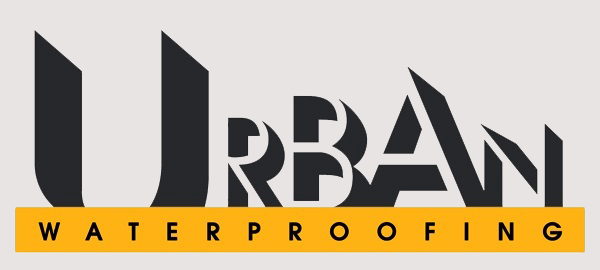Your Blueprint for Safe Building Foundations
Our Top Four Reasons for Preventative Waterproofing
Waterproofing isn't just routine upkeep; it's a vigilant protector. It plays a pivotal role in preserving structural integrity and ensuring the safety of occupants and staff. Prioritizing regular waterproofing isn't just maintenance; it's a commitment to proactively safeguarding your building.
1. Detect and Protect: The Power of Early Intervention
Failing to detect early warning signs can lead to undetected water ingress, potentially jeopardizing the building's structural integrity. This oversight may result in costly and extensive damage.
Early intervention means identifying and addressing minor issues before they escalate. By doing so, you prevent major structural damage, mitigate costly repairs, and maintain the safety of your building.
2. Guarding Health: Unseen Benefits of Moisture Control
Neglecting moisture control can create a breeding ground for mold, allergens, and poor indoor air quality. This can lead to health issues for occupants and potential lawsuits for property owners.
Proper moisture control ensures clean and safe indoor air quality, reducing the risk of respiratory illnesses, allergies, and related health concerns for building occupants.
3. Cost-Effective Care: The Financial Wisdom of Prevention
Neglecting preventative maintenance can lead to extensive water damage, structural decay, and high repair costs. Reactive repairs are often significantly more expensive than proactive maintenance.
Proactive maintenance ensures that minor issues are addressed promptly, preventing them from becoming major problems. It significantly reduces repair costs and minimizes disruption to building operations.
4. Future-Proofing: Sustainable Practices for Long-Term Safety
Neglecting sustainability practices can leave your building vulnerable to future environmental challenges, making it less resilient and potentially leading to higher operational costs.
Future-proofing your building through waterproofing practices ensures that it can withstand changing environmental conditions, such as increased rainfall or extreme weather events. This maintains the safety and longevity of your structure.
Investing in sustainable waterproofing practices protects your building against future damage, reduces operational costs, and enhances its overall lifespan. It also positions your property as a responsible and attractive choice for tenants.
Cementing Safety and Savings with Proactive Maintenance
The blueprint for a resilient urban structure is rooted in the strength of its maintenance strategy. Steadfast inspections, a commitment to quality, and swift action on repairs are the keystones of enduring safety. Keeping abreast of the latest in waterproofing advancements and leveraging warranty options can shield your property from potential hazards and financial strain. Your foresight in establishing a routine of preventative care today paves the way for a secure, cost-efficient, and robust tomorrow for your building.
